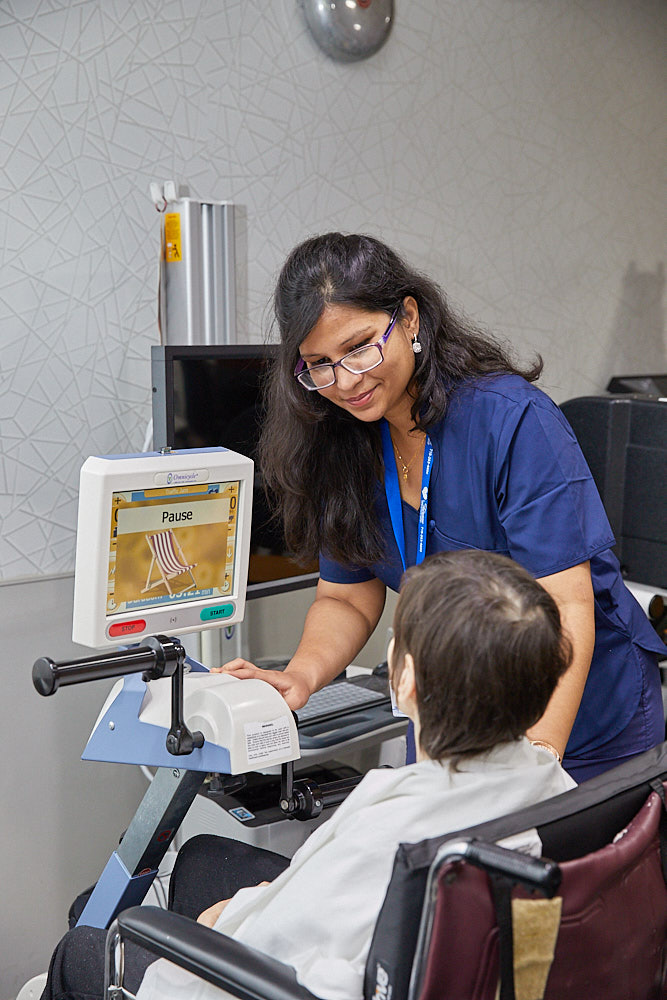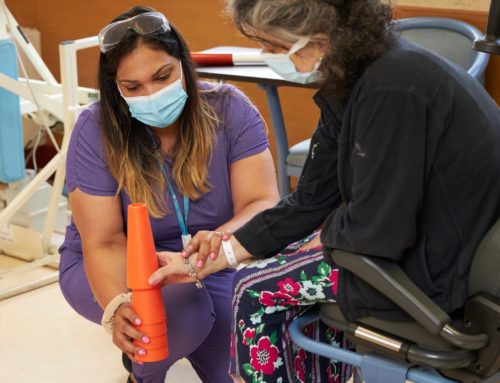Feel Exhausted Months After Surgery – Here’s Why
Post-surgical fatigue usually lasts a few days or weeks after the procedure. For some, it’s also possible to feel exhausted months after surgery, depending on various factors. These include the type of surgery, underlying causes or medical conditions, age, medication, infection, and anemia. Even pre-surgical physical conditions and nutrition may affect your during recovery.
If fatigue is severe and prolonged, your doctor may recommend post-surgery care and rehabilitation. One aspect is physical therapy, which gradually rebuilds strength and energy. You may also require intravenous therapy to combat dehydration and nutrient deficiencies. Learning the cause of the fatigue is also essential, which we’ll discuss in the following sections.
Causes Of Feeling Exhausted Months After Surgery?
The body goes through several changes during surgery, particularly major procedures involving the heart or abdomen. You may experience severe blood loss, causing anemia, or suffer an infection requiring further treatment.
Age, general health, pain, and sleep loss contribute to exhaustion. Pre-surgical issues, including anxiety and emotional stress, also contribute to fatigue. Let’s take a look at the most common factors causing prolonged tiredness after surgery.

Body physical changes
The physical changes in your body may cause you to feel exhausted months after surgery. During surgery, your body undergoes trauma, even for minor procedures. Blood loss, infection, and tissue regeneration all contribute to fatigue during recovery. It takes plenty of energy for the body to heal, leaving you weak and tired.
Limited physical activities
Your condition or injury may have caused physical limitations. Reducing activities prevents pain and further damage to the area, though it also causes future issues. Infrequent exercises cause strength, flexibility, balance, and coordination loss.
After surgery, your medical team will expect you to get moving, despite your weakened state. The harder your body works, the more exhausted you’ll feel. It may take several months to regain your pre-surgical activity level.
Changes in nutrition
Minerals and nutrients are vital for rebuilding and repairing tissue after surgery. Unfortunately, malnutrition is common in those undergoing even minor procedures. Fasting is often required before surgery and some changes may be required after it. Your appetite may also decrease, causing nutrient deficiencies.
Even after surgery, you may not feel hungry, leading to poor eating habits and nutrition. The lower your nutrient levels are, the more you’ll feel exhausted, even months after surgery.
Anesthesia
The effects of anesthesia usually disappear within a day of your surgery. Despite this, some people still feel groggy days or even weeks after their procedure. Though the factors discussed above contribute to the issue, pain medications also cause higher levels of exhaustion. Some people even report hair loss and other side effects.
Anesthesia also alters your body clock and may interfere with brain hormones. It takes time for the body to regain its proper wake-sleep cycle. Focus on getting enough rest at night to combat fatigue.
Psychological factors
Psychological issues contribute to why you feel exhausted months after surgery. Stress, anxiety, and depression are common among those with medical concerns. The fear of surgery also contributes.
Even after surgery, many people experience worries about their recovery, including their rehab and any pain they’re still feeling. A trained therapist and support from loved ones may help with such concerns.
Resources:
https://findanexpert.unimelb.edu.au/news/5575-health-check–why-can-you-feel-groggy-days-after-an-operation%3F
https://citeseerx.ist.psu.edu/document?repid=rep1&type=pdf&doi=48baeb80ba226eea66dd6fc1ad546062ea7ffc2b
https://www.internationaljournalofcaringsciences.org/docs/67_akyuz_review_12_3.pdf
This article contains informational and educational materials and does not replace health or medical advice. For questions or concerns regarding your medical condition or health objectives, speak to a qualified physician or healthcare provider.






69 yr old male I have undergone open AAA surgery with left artery to kidney rerouted , This was 8 weeks ago I now am experiencing more tiredness sleepiness than before ??
45 year with operation for cancer in my womb , after o month I fell so tired , what can I do